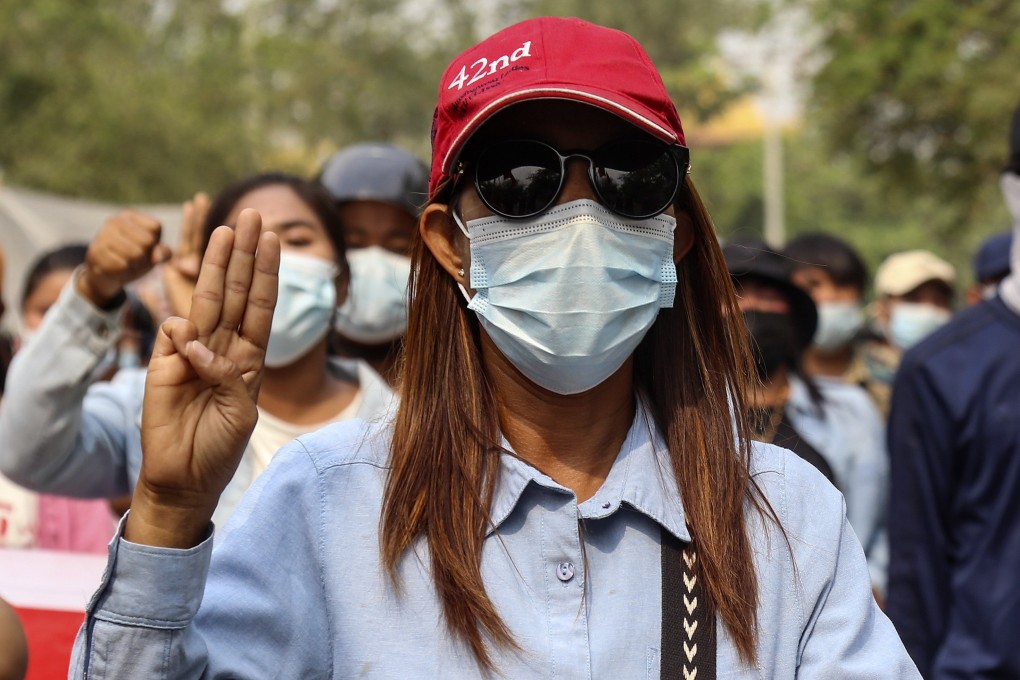Myanmar junta may scapegoat insurgents to ‘rain hell’ on civilians, warns UN rights expert
- Thomas Andrews, UN special rapporteur on human rights in Myanmar, says any coordinated effort by insurgents could lead the Tatmadaw to wage a brutal assault
- The global community must continue supporting the civil disobedience movement to convince anti-coup protesters they do not need armed backing from insurgent groups, Andrews says

More than 500 unarmed civilians have been killed by security forces in daily protests since the February 1 coup, and Thomas Andrews, the UN special rapporteur on human rights in Myanmar, predicted that the figure would “increase exponentially” if there was an all-out engagement between armed groups and the Tatmadaw, as the country’s military is known.
The coup’s architects have shown that they are desperate to paint the civil disobedience movement as an armed clash and “have been making stories out of cold cloth to justify their killings’, Andrews told This Week in Asia in a Zoom interview.
“My fear is that … if there is any kind of militia action, then they would use that as an excuse to have a no-holds-barred assault on innocent people and of course they have demonstrated their capacity for brutality,” Andrews said.
“With this excuse that they are engaged in a military engagement, I just shudder at what hell that might rain down on the people of Myanmar, and the tragedy that might follow,” he said.
Andrews said the onus was now on the international community to convince the anti-coup protesters that they need not turn to the insurgents for armed backing, and that they should instead press on with civil disobedience.
The spectre of armed conflict came to the fore after three armed groups this week urged the Tatmadaw to end its crackdown on protesters, warning that the “Three Brotherhood Alliance” would support the protesters in their “Myanmar Spring Revolution” if the violence continued.
